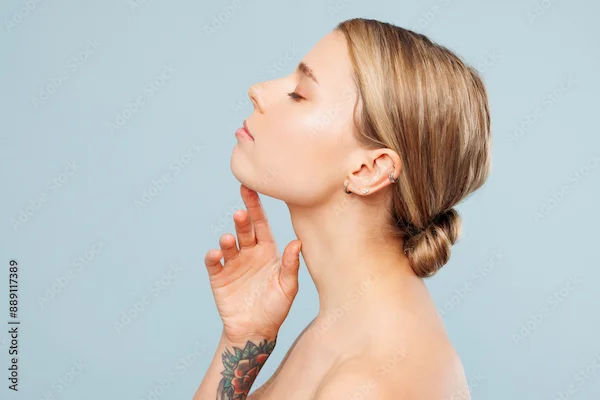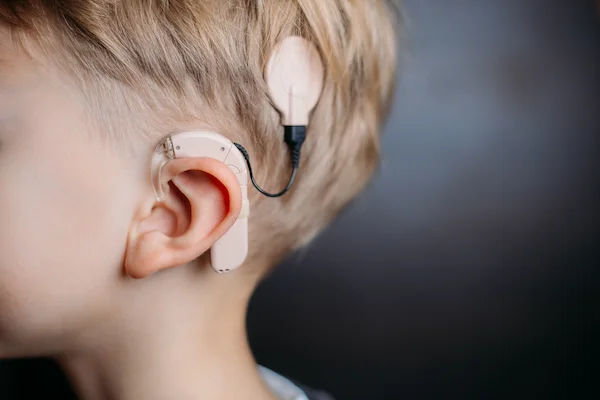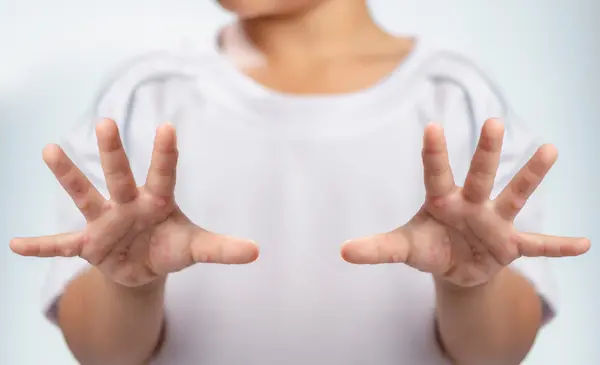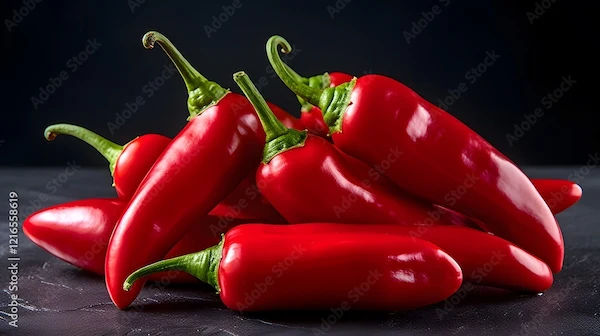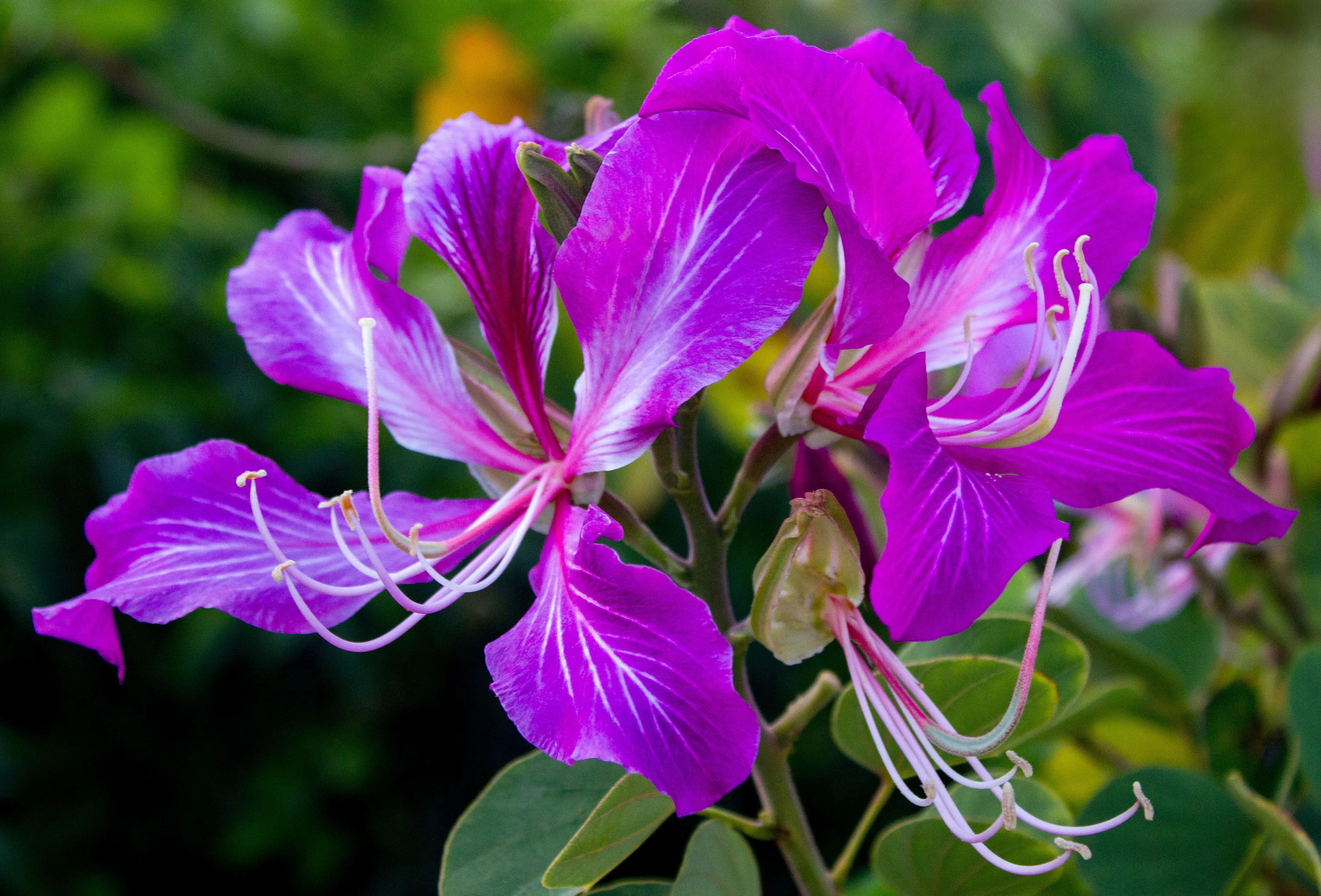Are Gallstones and Kidney Stones the Same?
Gallstones and kidney stones are both hard deposits in the body, but they differ in location, symptoms, causes, and treatment. Learn how to tell them apart and when to seek medical help.

Written by Dr. Mohammed Kamran
Reviewed by Dr. J T Hema Pratima MBBS, Fellowship in Diabetes Mellitus
Last updated on 13th Jan, 2026

If you've ever experienced sharp, sudden pain in your abdomen or back, you might have wondered whether it’s due to gallstones or kidney stones. While both conditions involve the formation of hard deposits in the body, they are different in many ways. Understanding these differences can help you identify symptoms early and seek the right treatment.
What Are Gallstones and Kidney Stones?
Gallstones
Gallstones are hardened deposits that form in the gallbladder, a small organ beneath the liver. The gallbladder stores bile, a digestive fluid that helps break down fats. Gallstones can be made of cholesterol (most common) or bilirubin (a pigment from bile).
Kidney Stones
Kidney stones are hard mineral and salt deposits that form in the kidneys. They can travel down the urinary tract, causing severe pain. Kidney stones are usually made of calcium oxalate, but other types include uric acid, struvite, and cystine stones.
Key Differences Between Gallstones and Kidney Stones
| Feature | Gallstones | Kidney Stones |
| Location | Gallbladder | Kidney or Urinary Tract |
| Composition | Cholesterol or bilirubin | Calcium oxalate, uric acid, etc. |
| Pain Location | Upper right abdomen, sometimes radiating to the back or shoulder | Lower back or side, radiating to the groin |
| Common Symptoms | Nausea, vomiting, bloating, indigestion | Painful urination, frequent urination, blood in urine |
| Rusk Factors | Obesity, high-fat diet, rapid weight loss | Dehydration, high-salt diet, family history |
Symptoms: How to Tell Them Apart
Gallstone Symptoms
- Severe pain in the upper right abdomen (may last hours)
- Pain after eating fatty meals
- Nausea or vomiting
- Jaundice (yellowing of skin/eyes if a stone blocks bile ducts)
- Fever (if infection occurs)
Consult Top Specialists
Kidney Stone Symptoms
- Intense pain in the lower back or side (often comes in waves)
- Pain while urinating
- Pink, red, or brown urine (blood in urine)
- Frequent urge to urinate
- Cloudy or foul-smelling urine
What Causes Gallstones and Kidney Stones?
Gallstone Causes
- High cholesterol in bile (leading to cholesterol stones)
- Excess bilirubin (seen in liver diseases like cirrhosis)
- Gallbladder not emptying properly (bile becomes concentrated)
Risk factors: Obesity, diabetes, pregnancy, rapid weight loss
Kidney Stone Causes
Dehydration (not drinking enough water)
High-sodium or high-oxalate diet (spinach, nuts, chocolate)
Certain medical conditions (gout, urinary tract infections)
Family history of kidney stones
How Do They Affect Your Health?
Gallstones Complications
Blocked bile ducts (can cause jaundice or infection)
Gallbladder inflammation (cholecystitis)
Pancreatitis (if a stone blocks the pancreatic duct)
Kidney Stones Complications
Recurrent infections
Blockage of urine flow (can damage kidneys if untreated)
Chronic kidney disease (rare, but possible with frequent stones)
How to Manage and Prevent Them
For Gallstones
Eat a balanced diet (reduce fatty, fried foods)
Maintain a healthy weight (avoid rapid weight loss)
Stay hydrated (helps bile flow smoothly)
Exercise regularly (supports digestion)
For Kidney Stones
Drink plenty of water (at least 2-3 litres daily)
Limit salt and oxalate-rich foods (spinach, nuts, tea)
Eat calcium-rich foods (helps bind oxalates in the gut)
Reduce animal protein (high intake increases uric acid stones)
When to See a Doctor
Seek medical help if you experience:
Severe, unrelenting pain
Fever with chills (sign of infection)
Yellow skin/eyes (jaundice)
Blood in urine
- Nausea/vomiting that prevents eating
If you suspect gallstones or kidney stones, Apollo 24|7 offers expert consultations and diagnostic tests to help you get the right treatment.
Conclusion
While gallstones and kidney stones share some similarities, they affect different organs and require different treatments. Recognising the symptoms early and making simple lifestyle changes can help prevent complications. If you’re experiencing any concerning signs, don’t hesitate to consult a doctor.
Consult Top Specialists
Consult Top Specialists

Dr Suseela
General Physician
5 Years • MBBS
Bengaluru
Apollo Medical Center, Marathahalli, Bengaluru

Dr. Abhirup Chakrabarti
General Practitioner
10 Years • MBBS
Chennai
Dr Abhirup Chakrabarti, Chennai

Dr. Ritesh Motghare
General Practitioner
18 Years • MBBS PGCDM
Nagpur
HEALTH CENTRE VNIT NAGPUR, Nagpur

Dr. Zulkarnain
General Physician
2 Years • MBBS, PGDM, FFM
Bengaluru
PRESTIGE SHANTHINIKETAN - SOCIETY CLINIC, Bengaluru

Dr. Anand Ravi
General Physician
2 Years • MBBS
Bengaluru
PRESTIGE SHANTHINIKETAN - SOCIETY CLINIC, Bengaluru
